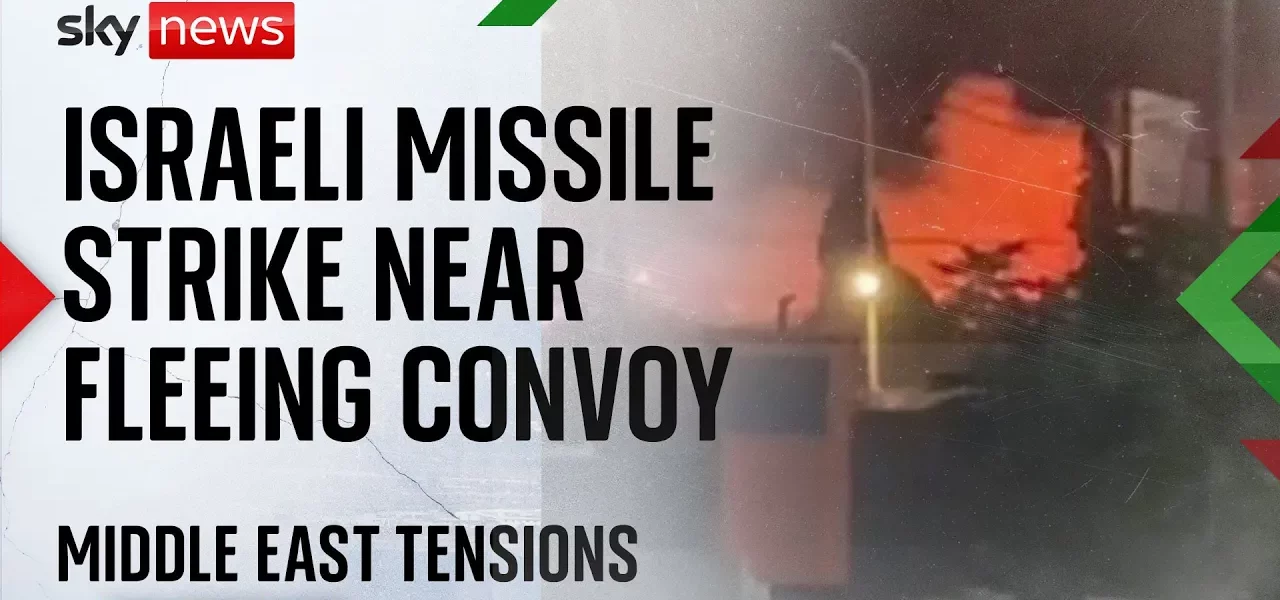Mass Exodus in Southern Lebanon Amid Ongoing Violence

In recent days, Southern Lebanon has witnessed a significant humanitarian crisis as thousands of families attempt to flee escalating violence. This article explores the urgent situation, the challenges faced by evacuees, and the broader implications of the ongoing conflict in the region.
Introduction: The Humanitarian Crisis in Southern Lebanon
The current situation in Southern Lebanon is dire, with an unprecedented mass exodus of families fleeing from the violence that has engulfed the region. The conflict has forced many to abandon their homes, and the chaotic scenes of families attempting to reach safety highlight the human impact of the ongoing crisis. This article delves into the unfolding events, the challenges faced by evacuees, and the broader context of the conflict.
The Scale of the Exodus
The movement of people from Southern Lebanon has reached alarming proportions. As families pack their cars, the coastal road connecting the South to Beirut has turned into a gridlock of vehicles.
Traffic Jam: A Snapshot of Desperation
Reports indicate that thousands are caught in a traffic jam stretching for 15 kilometers, with some families spending over seven hours in their vehicles. The scene is chaotic, with:
- Cars filled to the brim with personal belongings.
- Families with children leaning out of windows.
- Individuals precariously sitting on car roofs.
Reasons for Fleeing
Many of those fleeing are coming from villages near the border, driven by fear and uncertainty. They face numerous challenges, including:
- Ongoing air strikes that make travel perilous.
- The emotional toll of leaving homes and communities behind.
- Limited options for safe shelter as they attempt to reach northern Lebanon.
Conditions on the Ground
The conditions faced by those trying to escape the violence are harrowing. Families report being terrified as air strikes continue to occur close to their location.
Challenges Encountered during Evacuation
Families are not only dealing with the immediate threat of violence but also the practical difficulties of evacuation, such as:
- Finding food and water during long hours of travel.
- Managing the logistics of transporting children and elderly family members.
- Dealing with the emotional stress of displacement.
The Role of Hezbollah
Hezbollah’s presence in the region adds another layer of complexity to the situation. They have been sensitive about media coverage, limiting the ability to document the crisis accurately. This creates challenges in understanding the full scope of the humanitarian impact.
The Impact of Air Strikes
The ongoing air strikes are a persistent threat, further complicating the evacuation efforts. Just moments away from the congested traffic, strikes have been reported, highlighting the precariousness of the situation.
Frequency and Locations of Strikes
Air strikes have been occurring daily, affecting various areas, including:
- Industrial zones.
- Residential areas close to hospitals.
- Border villages where families are fleeing from.
Consequences for Civilians
The implications of these strikes for civilians are severe. Families are often left with:
- Increased fear for their safety.
- Disruption of essential services.
- Limited access to medical care as hospitals become targets.
Conclusion: A Long Night Ahead for Lebanon
The situation in Southern Lebanon remains fraught with danger and uncertainty. As families continue to flee, they face numerous challenges that will likely extend into the night and beyond. The humanitarian crisis is evolving, and the international community must pay attention to the plight of those affected. If you would like to learn more about the ongoing crisis or find ways to help, visit our related articles on the humanitarian impacts of conflict.
“`




